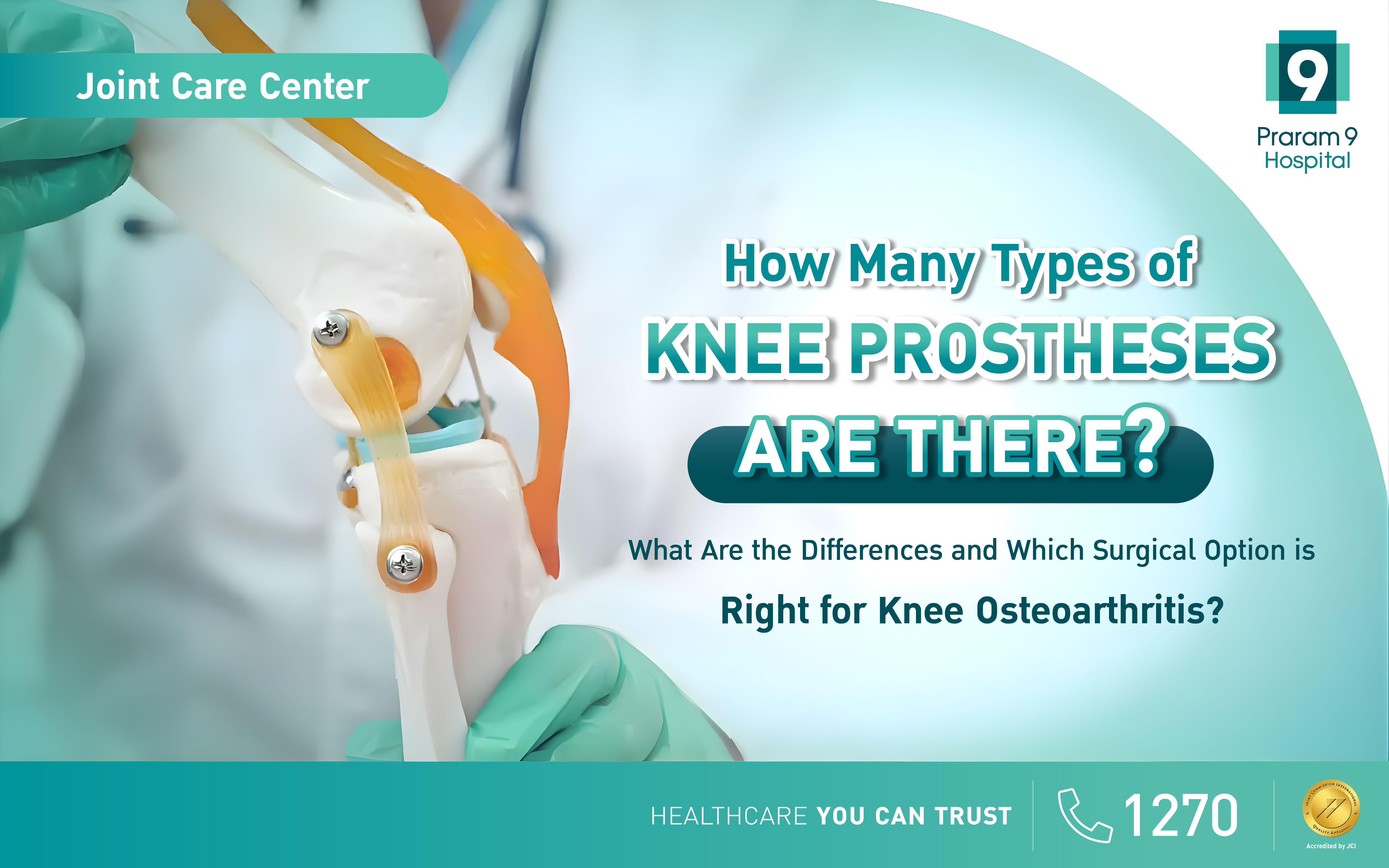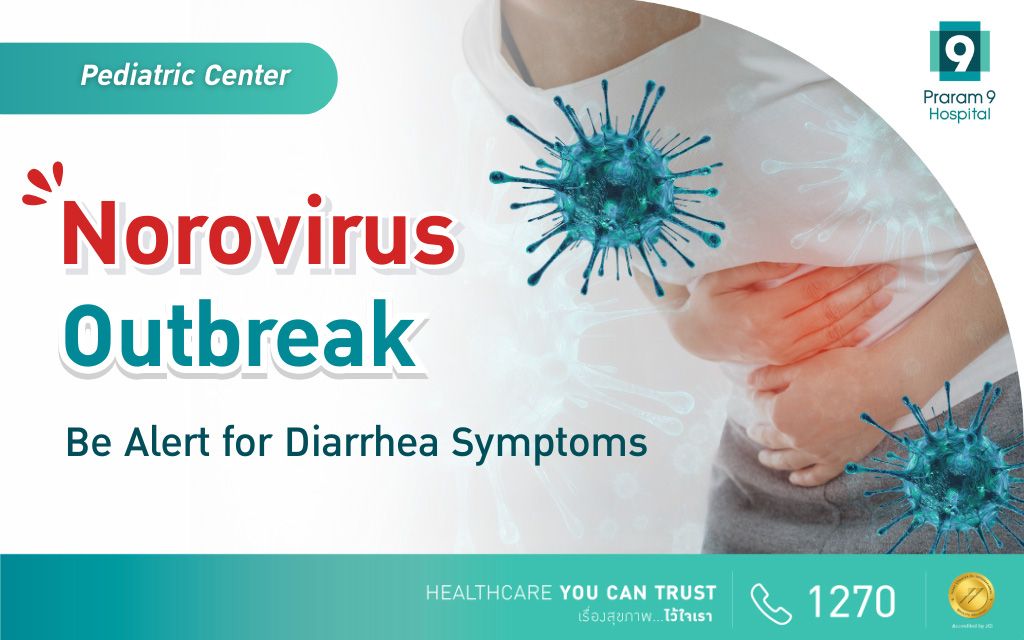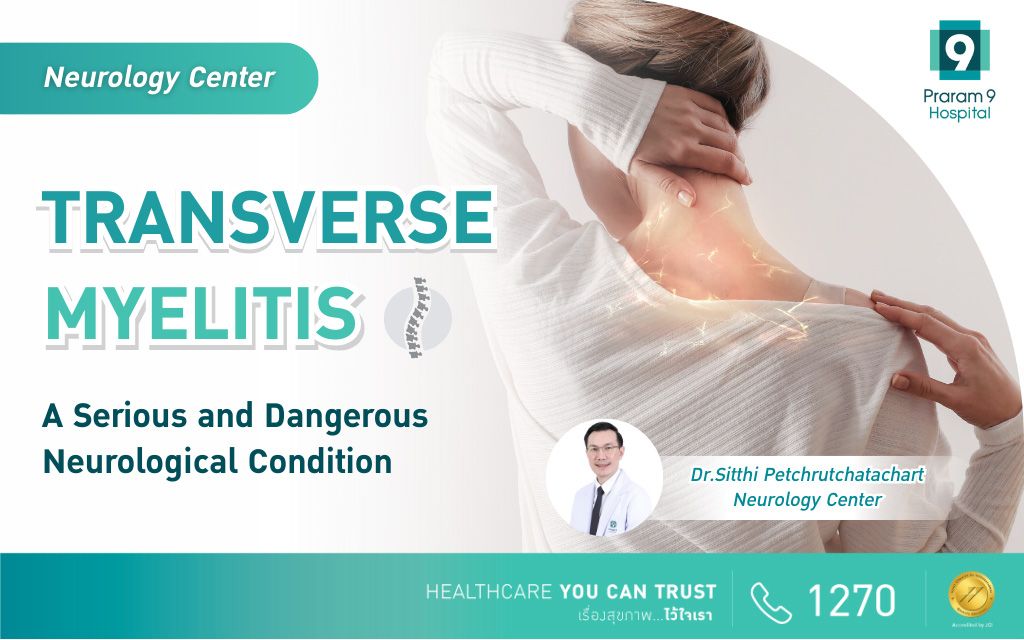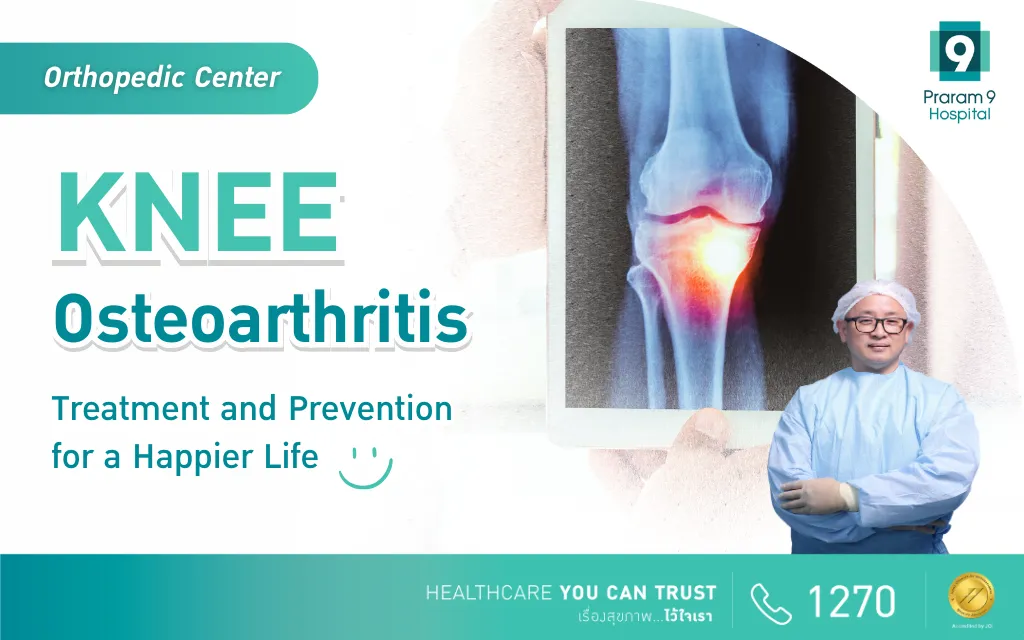Health Articles
Knowledge
The Enlarged Heart (Cardiomegaly) a warning sign of heart disease
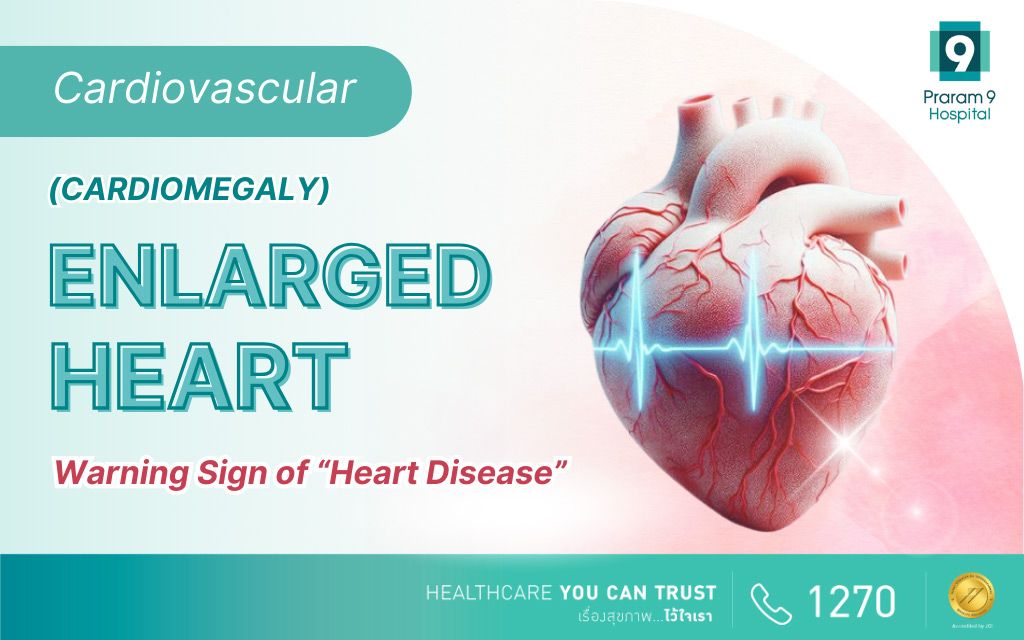
Heart disease is considered one of the leading health issues in today’s world. Without proper care and treatment, it can lead to fatalities. Many have heard of “enlarged heart,” which is a type of heart abnormality and can be a serious indicator of heart disease. Therefore, understanding enlarged heart conditions and proper health care is crucial in reducing the risk of heart disease and improving quality of life.
Table of contents
- What is Cardiomegaly?
- Symptoms of Cardiomegaly
- What causes cardiomegaly?
- Who is at Risk of Cardiomegaly?
- Diagnosis of Cardiomegaly
- Treatment of Cardiomegaly
- Prevention of Cardiomegaly
- Conclusion
What is Cardiomegaly?
An Enlarged heart (Cardiomegaly) is a condition where there is an abnormality in the structure of the heart. It can be detected through chest X-rays, electrocardiograms (ECG), or echocardiograms. This condition is not a disease but rather a situation where the heart becomes larger or thicker. It often results from various conditions such as high blood pressure, Valvular heart disease, coronary artery disease, or etc. If left untreated, it can lead to improper heart function and potentially heart failure. Therefore, cardiomegaly is considered a sign of heart disease.
Symptoms of Cardiomegaly
Symptoms of cardiomegaly can include:
- Rapid or irregular heartbeat
- Shortness of breath, especially during exertion or when lying down
- Easy fatigue
- Swelling in the legs
- General weakness
- Dizziness or fainting
- Reduced ability to perform daily activities
These symptoms may not always be present and can vary depending on the cause of cardiomegaly. Some people may not experience any symptoms until the condition becomes more severe. Therefore, regular health check-ups are therefore advisable to monitor any potential heart issues.
What causes cardiomegaly?
Cardiomegaly can result from various causes, including:
- Coronary Artery Disease: This condition is caused by the buildup of plaque and fat in the heart’s arteries, leading to blockages that reduce blood flow to the heart or cause heart muscle death, resulting in the heart squeezing smaller and blood accumulating within, leading to cardiomegaly.
- Congenital Heart Defects: Structural abnormalities present at birth that can disrupt normal blood circulation, potentially leading to cardiomegaly.
- Heart Failure: A condition where the heart’s ability to pump blood to the body is impaired, often resulting in cardiomegaly.
- Cardiomyopathy: Causes abnormal heart muscle size and thickness.
- Valvular Heart Disease: Malfunctioning heart valves can cause blood flow direction abnormalities, leading to blood accumulation within the heart chambers and potentially resulting in cardiomegaly.
- Pericardial Effusion: Presence of fluid around the heart, visible on chest X-rays, causing the heart to enlarge.
- Pulmonary Hypertension: Increases pressure in the right side of the heart, causing it to work harder and potentially resulting in cardiomegaly.
- Hypertension (High Blood Pressure): Forces the heart to work harder against high blood vessel pressure, leading to thickening of the heart muscle and possible cardiomegaly.
- Thyroid Disease: Both overactive (Hyperthyroidism) and underactive (Hypothyroidism) thyroid conditions can lead to cardiomegaly.
- Diabetes: Poorly controlled diabetes can damage blood vessels, including those around the heart, leading to conditions like coronary artery disease and subsequent cardiomegaly.
- Anemia: Causes inadequate oxygen delivery to body cells, prompting the heart to work harder to compensate, potentially resulting in cardiomegaly.
- Cardiac Amyloidosis: Rare disease involving the accumulation of abnormal proteins in the heart walls, thickening them permanently and affecting heart function.
- Excessive Alcohol Consumption: Long-term excessive alcohol intake can weaken heart muscles, contributing to cardiomegaly.
- Certain Medications: Some medications, such as steroids, can contribute to cardiomegaly.
- Pregnancy: In some cases, pregnancy can increase blood volume, causing the heart to work harder. In certain situations, this can lead to temporary cardiomegaly.
- Exercise: Particularly aerobic exercise in athletes can lead to temporary heart enlargement. In general, this type of cardiomegaly is not considered dangerous and does not require treatment.
Who is at risk for cardiomegaly?
- Individuals with a family history of heart disease
- People with history of heart disease
- People with high blood pressure
- Individuals with high cholesterol levels
- People with diabetes
- Smokers
- Excessive alcohol drinking
- Overweight or obese individuals
- Those with thyroid abnormalities
- Individuals with anemia
Diagnosis of Cardiomegaly
Diagnosis of cardiomegaly includes:
- Medical history and physical examination
- Electrocardiogram (ECG)
- Chest X-ray
- Echocardiogram (ECHO)
- Cardiac MRI (CMR)
- Cardiac CT scan
Treatment of Cardiomegaly
Treatment of cardiomegaly depends on the underlying cause. Generally, treatment focuses on addressing the causes of cardiomegaly and preventing further deterioration. This typically involves medication and various surgical or procedural interventions. For example, if cardiomegaly is due to hypertension, doctors may prescribe medications to lower blood pressure. If it is caused by coronary artery disease, procedures like angioplasty or coronary bypass surgery may be recommended. In some cases, medications may be prescribed to help the heart pump blood more effectively.
Prevention of Cardiomegaly
To prevent cardiomegaly, it is important to reduce and manage various risks. This includes quitting smoking and avoiding secondhand smoke, consuming a healthy diet, exercising regularly, maintaining a normal body weight, and promptly treating any conditions that could lead to cardiomegaly, such as hypertension, heart disease, coronary artery disease, diabetes, and high cholesterol. Additionally, individuals with a family history of heart disease or those aged 35 and older should undergo regular health check-ups.
Conclusion
Cardiomegaly is a condition in which the heart is larger than normal, caused by thickening of the heart muscle or expansion of the heart chambers. It can result from various factors. Regular health check-ups and being vigilant about symptoms that may indicate cardiomegaly can help prevent serious illness or severe conditions.
Taking care of your health is essential, as it helps reduce the risk of various diseases, including cardiomegaly.

